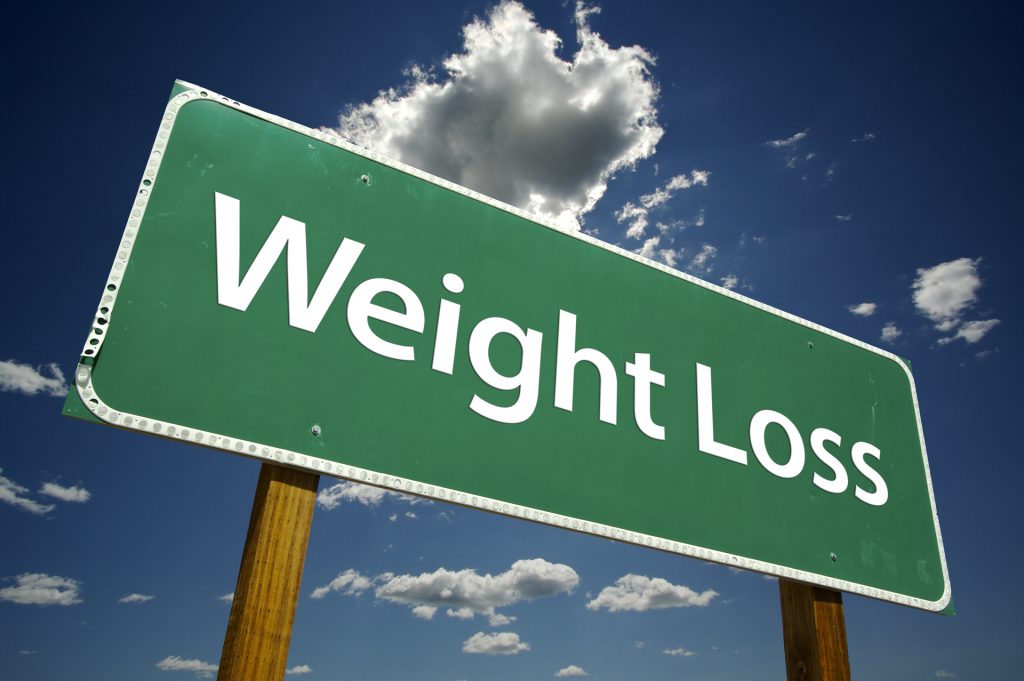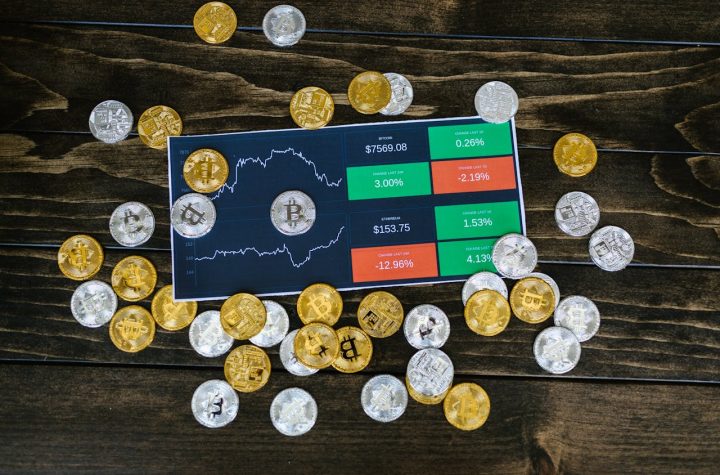
We have all heard or have experienced that losing weight is a tough battle and most of the time it feels that it is never-ending. Just ask the question how did I my weight loss progress stall? Weight loss plateau is a clinical term for this feeling of stalling, Let’s drill down further as to how a few weeks of weight loss plateau becomes a weight loss plateau for many of us.
It is exactly this knowledge that gives us a boost on our fitness journey as we understand the causes of plateaus and how to break them. But first, know that rather than giving up what rather helps is to better understand the common issues that arise such as plateaus.
But that’s enough background; let’s talk about what we came here for how to skip the weight loss plateau.
What Causes The Weight Loss Plateau
weight loss plateau and metabolic adaptation are the two terms that are relatively new yet trending the most. Once If you understand what weight loss plateau means its easy to understand metabolic adaptation. What happens during the process of metabolism during weight loss is interesting . The point being when you lose weight, your calorie expenditure goes down thus causing a protein deficiency. this raises the odds of non-effectiveness of the once effective calorie deficit.
Another potential reason may be an increase in muscle mass. If there is a weight training aspect in your exercise routine, then it is even possible to increase mass and lose fat at the same time. The scale will not be an accurate measure of your progress since muscle weighs more than fat.
Another reason is due to hormonal changes. Stress hormones like cortisol may enhance the desire and persistency for food while increasing fat retention making it harder to keep the initial trajectory.
Diet also tends to change over time, and this can be a major contributor. The occasional treat or even slightly larger helpings, can go unnoticed and add calories which will hinder any attempts to shed more weight. The knowledge of these reasons is useful as it serves as a prelude to shedding weight after hitting a plateau.
How you can Break through a Weight Loss Plateau
Weight loss plateau is usually a result of a psychological barrier, and as a consequence, more often than not, the weight remains constant. First things first, check your outcome measures to confirm you have indeed reached a plateau. Sometimes, people feel stuck when they do not lose kilos in a week, but rather say in a couple or three weeks. One hefty meal can also oftentimes push the scales into unfamiliar territory and cause concerns.
Next, change your training frequency or volume and intensity. Often times doing the same exercises day in and out causes changes to become unseen at a dip in plateaus. Attempting changing cardio to strength or vice versa, changing intensity to intervals may do wonders. Your body quickly adapts, so ensure you are keeping it on its toes.
Never overlook the importance of sleep and water intake. Lack of sleep and poor quality of sleep can hinder metabolic processes and can also disturb hormonal regulation which are key for losing weight.
Look for a buddy or support in a community. There may be times during the weight loss journey when the progress feels to be slow. At such times, sharing experiences with fellow members can boost one’s morale to carry on with similar goals.
What Factors Influence the Longevity of Weight Loss Plateau?
People experience weight loss plateau and for many it can be bothersome, most of them regardless the extent of their efforts put in do not seem to get the results expected. Within a period of time most bodies seem to have adapted to new weighted regime changes or diet patterns. So the duration of the plateau may be different across people.
While there are people who find their plateau within 6 weeks, others seem to take much longer, these include people aiming to lose similar amounts of weight but over a longer period. Factors like, age, metabolism and health contribute greatly to how long a plateau last for an individual.
According to many, a weight loss plateau is reaching a weight and not being able to lose any further weight. This occurs under sustained activity at the same weight for a duration exceeding three weeks. It is best to evaluate your routines in this period.
The knowledge that plateaus are an occurrence in most weight loss changes should reduce the saved frustration. It usually indicates that it’s time to take a step back and change the way you go about things to ensure that results are forthcoming and this all requires patience while waiting for this difficult stage to pass.
could Anxiety or Stress lead to Weight-Loss Plateau
Being under anxiety or having a lot of stress might end up hampering your body from losing weight. Bearing a lot of strain in the first place invites the release of cortisol which is a natural hormone but also is responsible for increasing appetite forcing people to indulge in junk forcing an unhealthy pattern which is counter productive.
Furthermore, so many people while under depression or stress end up eating constantly, it’s like their protective mechanism or a coping tool. These actions could even be in favour of the most enthusiastic weight loss endeavors leading you to a point when you see no results despite brimming with hard work.
Whenever anxiety or stress sets in even the most minimum amount of sleep becomes an impossible task. And more fatigue you have, lower your metabolism making it impossible to even think of working out. And due to the circulation of hunger inducing hormones in your body losing weight will be a many times tougher feat for you in this case.
It’s amazing how any weight loss or fitness regime revolves around emotional well being. These raising issues might be the sole reason for the boost pleasure you have been looking for and the reason behind your plateau breaking point.
How to Set Realistic Goals that Will Help You Achieve Your Desired Weight
Creating achievable targets becomes very important when you intend to achieve sustainable ample weight loss. We understand the thrill of starting a new diet or workout but setting the bar too high can lead to dire situations. It is best to decompose the final goal into several smaller, measurable and more achievable targets. This way, every target reached will push you into trying harder.
Determining your ideal weight does not involve just the numbers on the scale. Things such as age and height, body composition, and health should guider what you think is suitable for you. Contact a healthcare professional if necessary as they provide crucial support to your specific case.
Always keep measuring how you are doing in regular intervals, and always keep measuring or rely based on the scale only. Fitness or mood changes are sometimes the most importantly vital changes which cannot be represented or quantified by numbers.
Lastly keep in mind, every person has a different journey, and the worst thing you can do is compare yours with someone else. Own your journey, tweak it if you need to, but stay earnest in your pursuit of success.
How To Get Through A Weight Loss Plateau
There are several motives behind weight loss plateaus and how to get through them. Reminding yourself of how far you’ve come can be an easier way to help yourself push through. Try to forget the burden of the current situation and focus on what you have achieved so far. No one quite understands the weight loss journey like you.
Considering a change in routine is another great option. And it’s no surprise, many people become bored of the same workouts or are just not motivated anymore. Switching up the recipes or trying new types of workouts can help get rid of that boredom. After all, variety is the spice of life.
Another thing to keep in mind is to make friends, weight loss can be isolating if you don’t surround yourself with encouraging people. Friends, family, or even online communities can help boost your motivation. Talking about such issues will help you understand that you’re not alone.
Lastly, try to shift your focus from certain numbers to qualitative aspects. For example a change in someone’s energy levels or improving someone’s mood can be marked as a victory. It is a simple way to help oneself feel good as these miniscule goals help in unison to the big goal.
Breaking a plateau for weight loss doesn’t have to be impossible, read this to know how exactly to do that. The first thing to attempt is change your everyday routine. Because there are times when even minor changes can lead to a huge impact. Re-evaluate your calorie levels or try a new workout so your body gets challenged in a different way.
It’s also important to start engaging in strength exercises, they tend to increase your metabolism as well as develop muscle which burns more calories even when you are not exercising. Furthermore, including interval training once a week is also known to be effective in losing weight.
Your weight can be managed through consistently monitoring your progress. Do not only focus on your weight on the scale but also how the body has changed via body tape measurements or simply by the fit of clothes. This enables you to have a wider view and understanding of the changes in your body that can easily be ignored by only looking at the scale.
Do not forget about getting motivation from friends and family for weight loss goals. More often than not, showing people your progression pictures boosts the motivation to keep working toward the goal.
Keep in mind that weight loss is not the same for everyone and sometimes reaching an ideal weight may not be achievable in one attempt, thereby making it essential to be patient during this process. Stay confident as you lose weight through this method you have selected. It brings you closer to reaching your ideal weight goal and most importantly, helps you maintain it in the long run.




More Stories
A Few Points on How Alcohol Can Alter Your Experience With Semaglutide
Who manufactures vBloc? Disclosing the individuals who invented this amazing device
Is there an injection available to lose weight while at home?